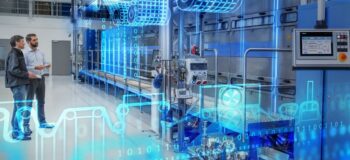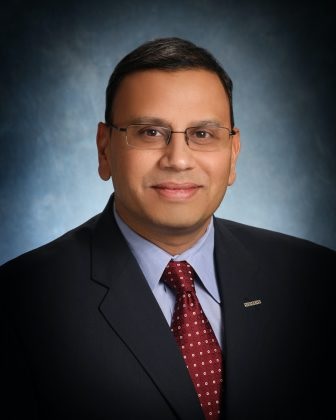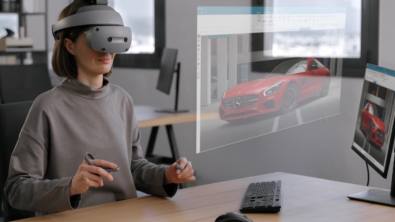Advantages of Advanced Machine Engineering

Innovative technologies are progressing machine engineering processes to provide instrumental modifications in manufacturing that results in several challenges and trends including consumer-driven customization that provides smaller lot sizes and product life spans. Subsequently, smart machines increase information flow through hyper-automation to influence large amounts of data that automate machine functions and global competition from flexible, agile startups.

Advanced machine engineering (AME) emphasizes a superior certainty in emerging next-generation machines by promoting collaboration among many disciplines to create modern advanced machines.
Read Rahul’s article to learn more.
AME also lessens ramp-up time from production through virtual design and commissioning, resulting in improved upfront validation with shorter commissioning times and more instant productivity. Then, advanced capabilities manage the complete bill of materials for options and variants for advanced machine builder support throughout the product life, from the engineering design through manufacturing and service life.
AME distinctive
AME’s distinctive aspects positively impact the machine industry: multi-disciplinary design, virtual machine simulation and commissioning and multi-disciplinary BOM and configuration management. Multi-disciplinary design provides software that is adaptable to various situations on the factory floor to enable the machine to react to real-time sensor readings, and machine-building complexities with engineering the design and manufacturing.
Secondly, virtual machine simulation and commissioning show how the machine validates the software code virtually before physical operation. It is vital to simulate the code running on a virtual twin of the machine to generate substantial dividends in time and resources. Lastly, a multi-disciplinary BOM and configuration management provides manufacturers with stellar flexibility by responding to customization demands with configured-to-order modern machines.
Getting smarter
Smart, ground-breaking software and machines are essential for machine manufacturers to compete globally, reduce margins, expand customization, address environmental and government regulations and meet Industry 4.0 initiatives.
The essential needs of smart machines, code and software, include machine design innovation in the operation and development process. The quality and innovation in the automation code must be extraordinary. Having unique code provides intuitive user interfaces that promote ease of use and new hardware capabilities. Also, it is necessary to have software algorithms to help machines move faster and more safely with less physical stress on components.
Siemens Digital Industries Software is driving transformation to enable a digital enterprise where engineering, manufacturing and electronics design meet tomorrow.
The Xcelerator portfolio helps companies of all sizes create and leverage digital twins that provide organizations with new insights, opportunities, and levels of automation to drive innovation.
For more information on Siemens Digital Industries Software products and services, visit www.sw.siemens.com or follow us on LinkedIn, Twitter, Facebook and Instagram.
Siemens Digital Industries Software – Where today meets tomorrow.
Rahul Garg is Vice President of Industrial Machinery and the SMB Program for Siemens Digital Industries Software. He and his team are responsible for identifying and delivering strategic initiatives and developing solutions for the industry, working closely with industry-leading customers and providing thought leadership on new, emerging issues facing the machinery industry. Rahul’s experience and insights are derived from a 25-year career of delivering software-based solutions for product engineering and manufacturing innovation for the global manufacturing industry. He has held leadership positions in multiple areas, including research and development, program management, sales and P&L management, having focused exclusively on the industrial machinery and heavy equipment industry since 2007. Rahul holds a master’s degree in Computer Science from Wayne State University, with a concentration in Operations Management and Strategic Marketing, as well as a Bachelor of Computer Engineering degree in Computer Engineering from Bombay University.


